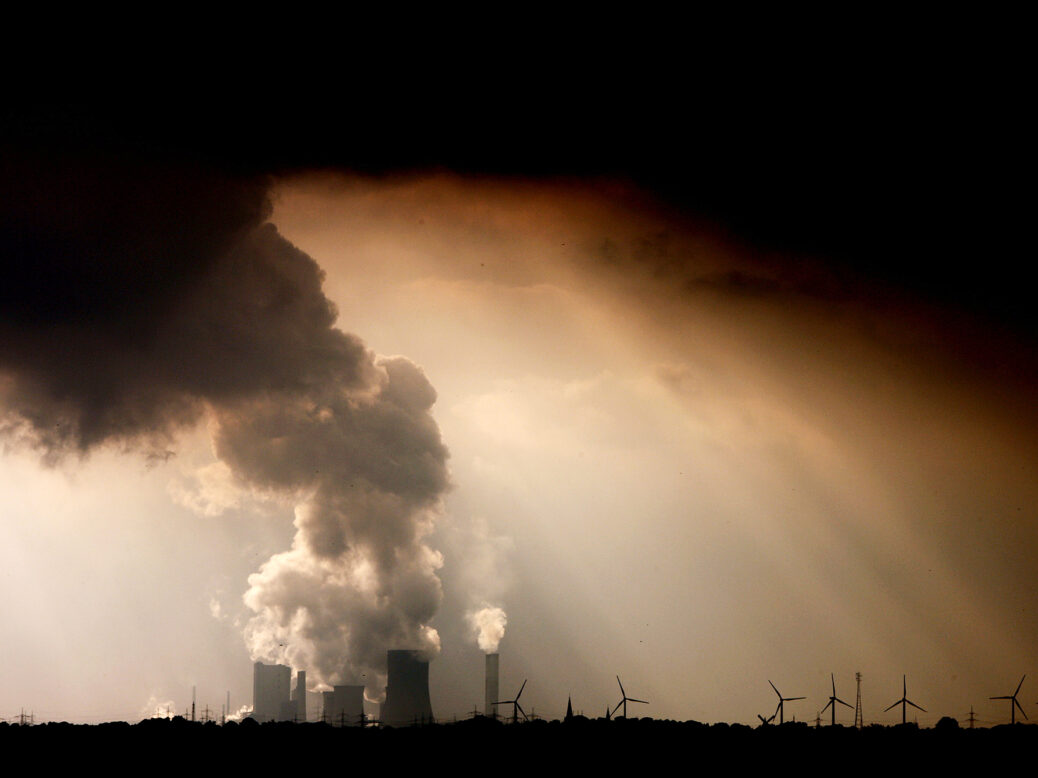
The world must drastically reduce the role coal plays in generating its electricity if it wants to avoid the worst effects of climate change. Analysis of various scenarios by Ember, an energy data and research company, shows that OECD countries need to completely phase out coal by 2030, with the rest of the world following suit by 2040, if they are to limit global warming to 1.5°C below pre-industrial levels.
The G20 summit in Rome ended with an agreement to end coal financing by the end of the year, although it fell short of setting a goal to actually end the use of coal. Many of the G20 economies rely on the fossil fuel, with China, Russia, Australia, India and Japan insisting on softer language around its phasing out.
As the G20 talks concluded, Prime Minister Boris Johnson deplored the lack of commitment from his counterparts, calling the climate pledges “drops in a rapidly warming ocean”.
The negotiations will continue at the Cop26 event in Glasgow, where around 200 world leaders will attempt to reach a consensus on the steps needed to keep global warming to below that 1.5°C target.
Coal is the single biggest source of electricity in the world, as well as the biggest source of CO2 emissions.
[See also: What will it take to overthrow King Coal?]



